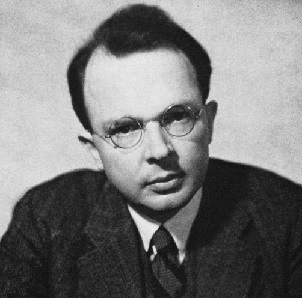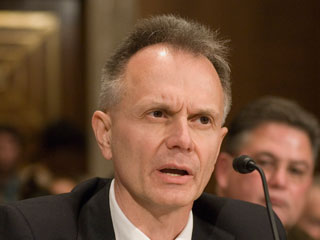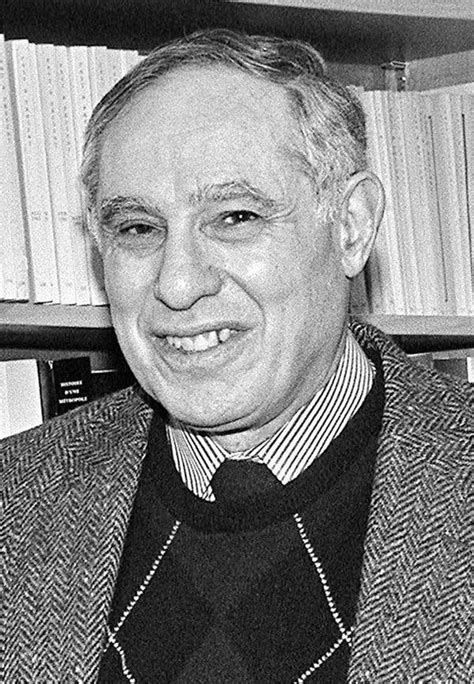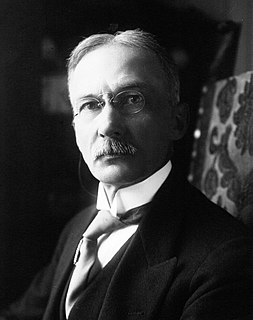Top 1200 Scientific Fact Quotes & Sayings - Page 2
Explore popular Scientific Fact quotes.
Last updated on April 21, 2025.
It is this claim to a monopoly of meaning, rather than any special scientific doctrine, that makes science and religion look like competitors today. Scientism emerged not as the conclusion of scientific argument but as a chosen element in a worldview - a vision that attracted people by its contrast with what went before - which is, of course, how people very often do make such decisions, even ones that they afterwards call scientific.
There is one great fact, characteristic of this our nineteenth century, a fact which no party dares deny. On the one hand, there have started into life industrial and scientific forces which no epoch of former human history had ever suspected. On the other hand, there exist symptoms of decay, far surpassing the horrors recorded of the latter times of the Roman empire. In our days everything seems pregnant with its contrary.
It is ironic that the scientific facts throw Darwin out, but leave William Paley, a figure of fun to the scientific world for more than a century, still in the tournament with a chance of being the ultimate winner... Indeed, such a theory is so obvious that one wonders why it is not widely accepted as being self-evident. The reasons are psychological rather than scientific.
The technological overflow from scientific research has brought scientific research this bad name about carrying an irresponsibility and an alienation from God - because scientific research has led to things like the atom bomb, it's led to problems with depletion of ozone in the Earth's atmosphere, or at least it's revealed those problems.
Unfortunately, there is something of a flaw in this idealized picture of the way the scientific community discovers truth. And the flaw is that most scientific work never gets noticed. Study after study has shown that most scientific papers are read by almost no one, while a small number of papers are read by many people.
vivisection is not the same thing as scientific progress. There is such a thing as scientific progress. But this wholesale dedication of scientists to vivisection, which is the easy and cheap way, actually prevents them from scientific progress, for true progress is difficult and requires genius and imagination in its devoted workers.
The basic question that the 'new science' raises for our balance sheet is the issue of what scientific questions have not been asked for 500 years, which scientific risks have not been pursued. It raises the question of who has decided what scientific risks were worth taking, and what have been the consequences in terms of the power structures of the world.
Groups do not have experiences except insofar as all their members do. And there are no experiences... that all the members of a scientific community must share in the course of a [scientific] revolution. Revolutions should be described not in terms of group experience but in terms of the varied experiences of individual group members. Indeed, that variety itself turns out to play an essential role in the evolution of scientific knowledge.
Day after day I read Freud, thinking myself to be very enlightened and scientific when, as a matter of fact, I was about as scientific as an old woman secretly poring over books about occultism, trying to tell her own fortune, and learning how to dope out the future form the lines in the palm of her hand. I don't know if I ever got very close to needing a padded cell: but if I ever had gone crazy, I think psychoanalysis would have been the one thing chiefly responsible for it.






















































